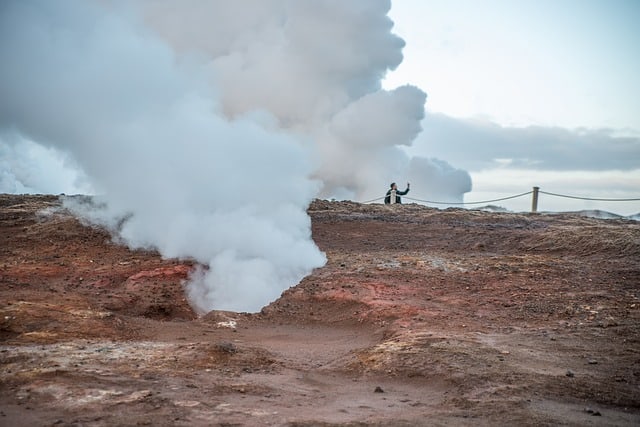What is Evaporation? Process and Factors Affecting Evaporation and Few Interesting Facts
Evaporation is the phenomenon by which water changes its state from liquid to gas. Although water starts to boil from 212 degrees Fahrenheit, it begins evaporation at 32 degrees Fahrenheit. The procedure through which the water starts changing its form from liquid to gaseous state is quite slow. Evaporation is, therefore, the natural phenomenon by…







